-
×

-
×
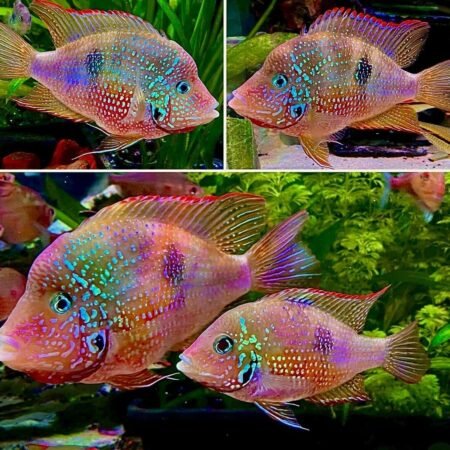
-
×

-
×

-
×

-
×

-
×
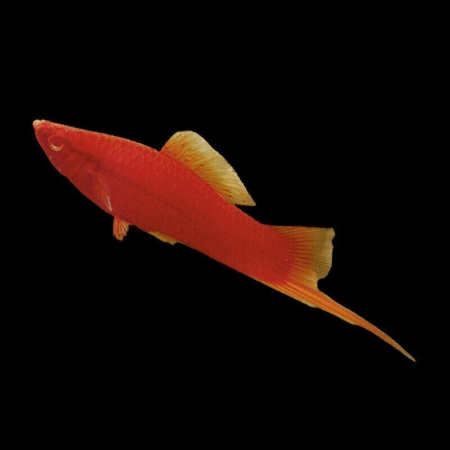
-
×

-
×
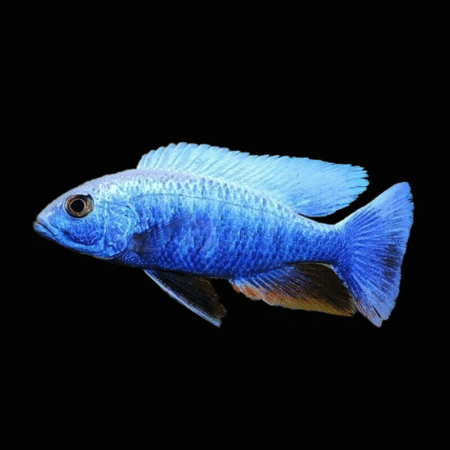
-
×

-
×

-
×

Subtotal: £262.25


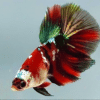
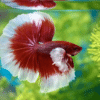








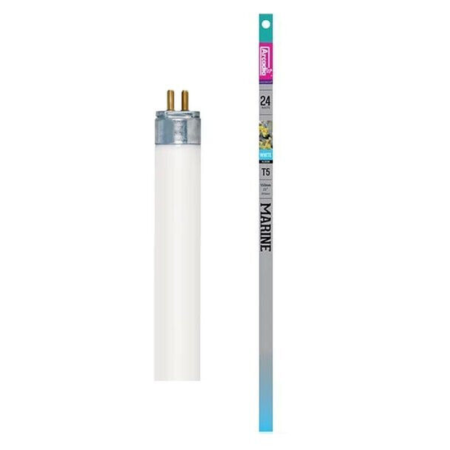

Emily Carter (verified owner) –
I recently purchased the Super Delta Randomly Selected Betta Splendens and I couldn’t be happier! As a caring fish parent, ensuring the health and happiness of my aquarium fish is my top priority. This little guy arrived in perfect condition, vibrant colors and all. After a week of acclimatization, he’s not just thriving but also showcasing his unique personality in our 10-gallon tank.
I’ve previously kept other betta fish, but this one truly stands out! His fins are gorgeous, and he has such a playful demeanor. It’s clear that he was well-cared for before he came to me, which is something I always look out for.
One thing to note, though, is that he can be a bit skittish at times, especially when the lights are on. I’ve found that providing some floating plants has really helped him feel more secure.
If you’re a fellow aquarium enthusiast looking for a quality fighting fish, I highly recommend this betta! You won’t regret adding such a lively and beautiful creature to your home aquarium. Overall, fantastic experience and I would definitely buy again!
Emily Carter (verified owner) –
I recently purchased the Super Delta Betta Splendens and I couldn’t be happier with my decision! After about three weeks of observation, this little guy has completely transformed my aquarium. He’s not just a stunning addition with his vibrant colors and flowing fins, but he’s also surprisingly calm and has integrated wonderfully with my peaceful community tank.
I’ve had betta fish before, but this one stands out for his health and behavior—he seems so lively and curious! The quality of the fish is evident, and I can tell he was well-cared for before arriving at my home. My only minor concern was that he was a bit shy at first, hiding among the plants, but he quickly became more confident.
I highly recommend these betta fish for anyone looking to enhance their aquarium, especially if you already have peaceful species. They thrive with proper aquarium maintenance and are truly rewarding to care for. Plus, they’re a great conversation starter! I will definitely be purchasing again from this store.